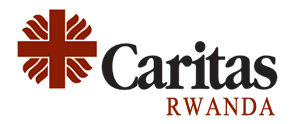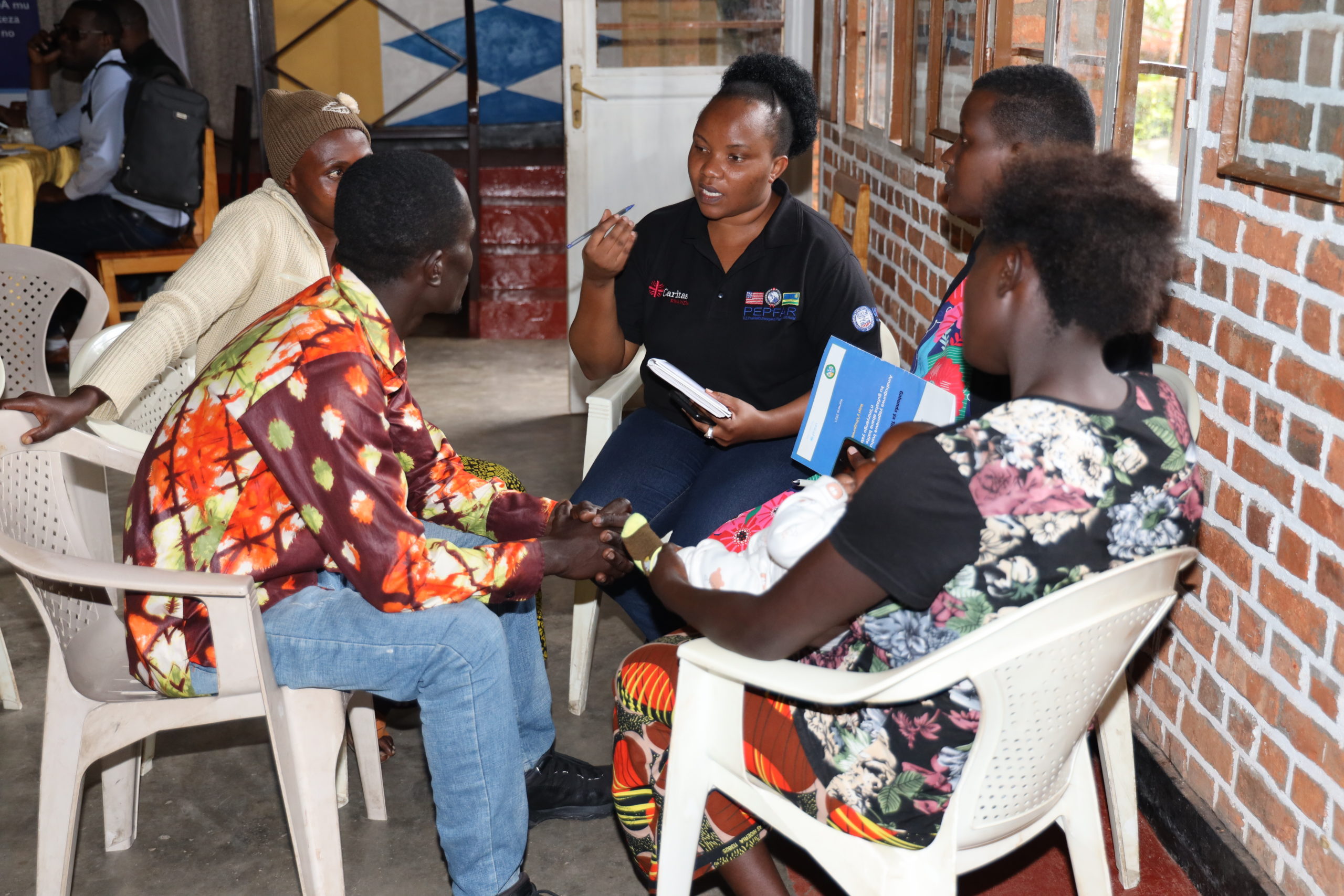Caritas Rwanda through the Igire-Gimbuka program, joined MIGEPROF and the Rubavu district and other partners, in the GBV clinic held in the Rubavu district on 5th, 6th and 8th December 2023. 120 pregnant and teen mothers accompanied by their parents benefited from various services, including psychological support and health services. The GBV clinic was held in alignment with the 16 days of activism against gender-based violence.
A total of 120 teenage mothers from four sectors of the Rubavu District, namely Rugerero, Rubavu, Kanama and Nyamyumbabenefited from sessions that helped them recover from trauma (as well as their parents). The sessions includedvoluntary HIV testing, screening for non-communicable diseases, accessing the national civil status services (birth registration), support in the formulation of new complaints, measure the weight and height of their children. In cases where the measurements were not satisfactory teenage mothers were provided with advice and guidance.
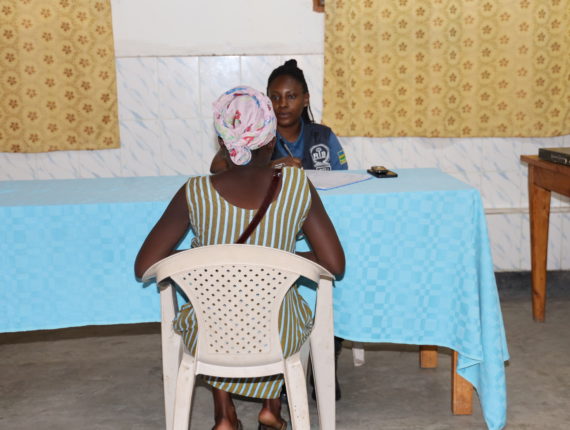
On the first day, the teen mothers (with their children) followed informative speeches on the importance of good education, rights of the child, encouragement to resume their studies. They were as well sensitized on the importance of proper healthcare and a balanced diet
The teen mothers also had the opportunity to ask questions pertaining to their health, national civil status services and the process of returning to school. Indeed, they asked for the maximum timeframe within which a child who has been raped should be taken to the hospital to receive HIV prevention medication. They were informed that the child must receive the medication within 48 hours or 3 days following the incident.
These teen mothers also raised the issue of unregistered births. Some of them were orphans and had not been registered themselves, while others had registered their children under false names. There were even cases where children were not registered at all. The officials from the civil status services who attended assured them that these problems will be quickly resolved.
After the motivational speech encouraging the teen mothers to return to school, the adolescents expressed their desire to pursue education. However, they raised concerns about who would take care of their children, and the obstacle in obtaining school materials and other educational related needs. In response, they were informed that there are partners ready to provide assistance, especially Caritas Rwanda through its Igire-Gimbuka Program and their local sectors. Furthermore, it was mentioned that most parents were willing to take care of their grandchildren when adolescent girls will go back to school, and arrangements would be made for the children to attend ECD to facilitate parents of the teen mothers to carry out their daily activities.
In her opening speech, Mrs Pacifique Ishimwe, Vice Mayor of the Rubavu district in charge of social affairs, emphasized that being a teenage mother does not diminish one’s importance or hinder the realization of her dreams.. She reassured the teen mothers that all problems have solutions and that their contribution is essential to solving theirs.
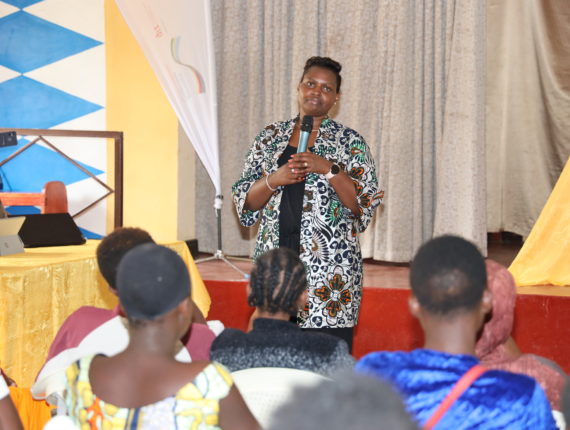
On the second day, the parents accompanied their children (teenage mothers). They participated in the psychological support sessions to overcome the trauma resulting from the pregnancy of teenage mothers (for them and for their parents but separately). There were also sessions to encourage child mothers to return to school, which is beneficial for teen mothers and their parents.
After the second day, parents and teenage mothers also came together to share what they had learned and gained throughout the GBV clinic. There were also discussions within each family, where the teen mothers shared their aspirations about what they want to do, whether to resume their studies or pursue professional training. Some of the teen mothers expressed a need for financial support to start an income-generating activity. Their wishes have been recorded.
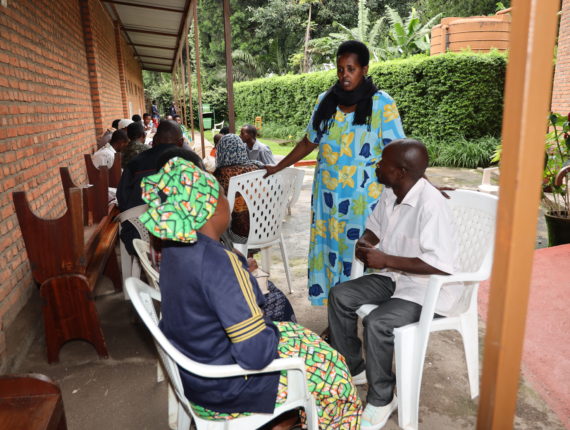
On the final day of the GBV clinic, the adolescents accompanied by their parents met with local authorities from their residence and various partners, to discuss on how they can assist to handle the teenage mothers’ problems.
The statistics provided by the Ministry of Gender and Family Promotion, as observed in the Rwanda Demographic and Health Survey 2019-2020 published in March 2022[1], the teenage pregnancy is at 5.1% among women aged 15-19 countrywide and 4.1% Western province (Rubavu: 5.5%, Karongi: 0.5%, Rutsiro: 2.1% and Nyamasheke: 2.2%). These alarming figures show how many of these children face various problems including dropping out of school, harassment from their family members, and struggling to provide for their children due to poverty, and family conflicts, among many others.

